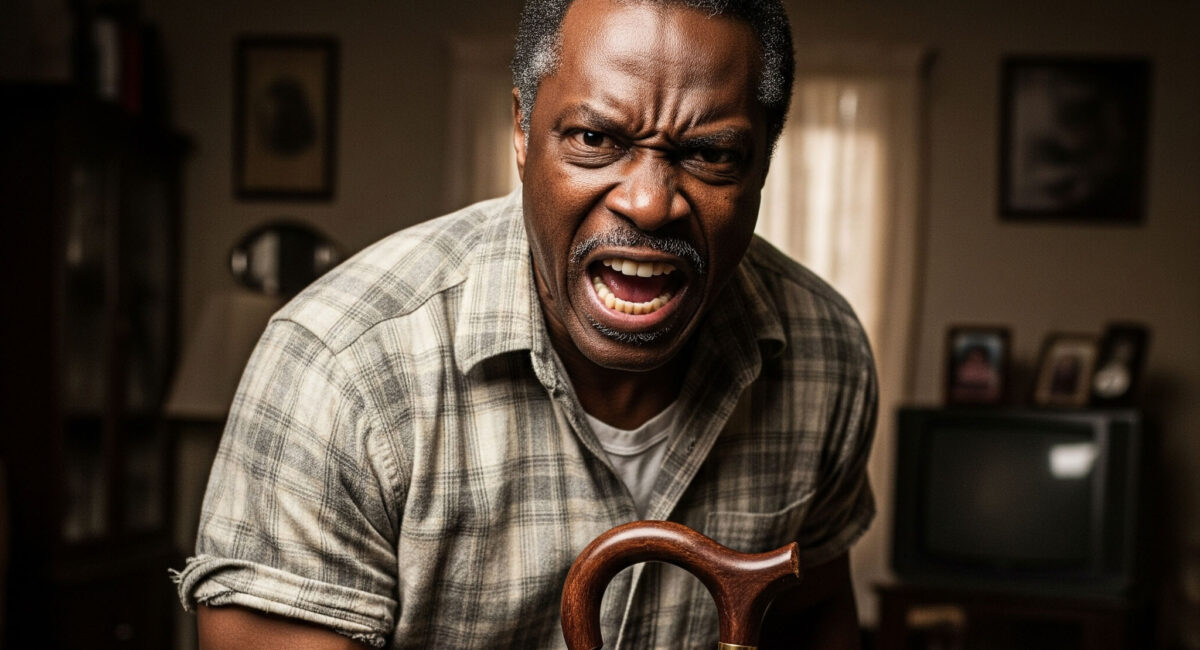“I Was Afraid of My Father”: Healing from the Trauma of Parental Abuse
Many adults silently carry a painful truth that shaped their entire childhood: “I was afraid of my father.” These words reflect more than just strict discipline. They reveal years of fear, confusion, and deep emotional wounds caused by a parent who was supposed to protect, not harm. As a counselor, I’ve heard this story time and time again—clients who grew up in homes where love was conditional, safety was inconsistent, and fear was a constant companion. Often, the father’s physical abuse was dismissed as “discipline,” or never acknowledged at all. Yet the effects linger, long after childhood ends. If this resonates with you, I want you to hear something clearly: your fear was real. Your pain is valid. And what happened to you was not your fault.
When the Protector Becomes the Source of Fear
Growing up in a home where one of your primary caregivers was a source of fear can change how you see the world—and yourself. As children, we rely on our parents for safety, affection, and guidance. When those basic needs are instead met with violence, threats, or emotional manipulation, it teaches a child to survive rather than thrive. The body and brain become wired for protection: always alert, always ready for the next explosion. This kind of trauma doesn’t simply disappear with age or distance. You may have long left the home where it happened, but still find yourself anxious around authority figures, constantly second-guessing yourself, struggling with trust, or overreacting to conflict. These are not personality flaws. They are normal trauma responses.
Why You Might Still Feel Guilty or Confused
You may also feel confused by the guilt or mixed emotions you carry. Many survivors say things like, “He provided for us,” or “I must have deserved it—I was a difficult child.” Others wonder if they’re being too sensitive because their father later apologized, or now behaves differently. Sometimes, the abuser is no longer alive, but the fear and emotional turmoil remain. All of this is common. When love and harm come from the same person, it creates emotional chaos. But even if your father said he loved you, love is never a justification for physical abuse. Real love never relies on fear to maintain control.
What Healing Looks Like
The journey of healing looks different for everyone, but there are some common threads. One of the most important steps is finding a safe space to talk about what happened—whether that’s with a trauma-informed therapist, a support group, or even a trusted friend. Naming the abuse for what it was is often the beginning of reclaiming your voice and sense of self. Therapy can help you unpack the complex layers of trauma, especially approaches like inner child work, EMDR (Eye Movement Desensitization and Reprocessing), or somatic therapy that focus on how trauma is held in the body as well as the mind. You might also find journaling helpful—writing down memories, emotions, or even letters to your younger self can be incredibly healing.
Setting Boundaries Is Not Betrayal
Some people find they need to set strong boundaries with their fathers—or even cut off contact completely. This can feel like a heavy decision, especially in cultures or families where parental respect is emphasized above all else. But choosing to protect your peace is not an act of betrayal. It is an act of survival and, ultimately, healing. Boundaries are about reclaiming your sense of safety. You’re allowed to limit access to people—even family—who continue to harm, manipulate, or trigger you. Distance doesn’t mean you don’t care. It means you care enough about yourself to stop the cycle.
Regulating the Nervous System After Trauma
In time, you’ll also want to work on calming the nervous system that has been on high alert for so long. Practices like deep breathing, grounding exercises, gentle movement, or time in nature can slowly help bring your body out of survival mode. Healing isn’t linear, and there will be moments of anger, grief, and even numbness. That’s all part of the process. Your body remembers what your mind has tried to bury. Learning how to gently soothe that inner alarm system is one of the most compassionate things you can do for yourself.
You Are Not That Scared Child Anymore
If you were afraid of your father, you may still be carrying that fear in the background of your daily life. But you’re not that child anymore. You have the right to safety now. You have the right to speak your truth and find healing. Let yourself feel the grief for the childhood you should have had. Allow yourself to be angry. Give yourself permission to let go of the shame you were never meant to carry. You were never too much. You were never the problem. You deserved tenderness, safety, and love. And it is not too late to begin giving that to yourself now.
You’re Not Alone—Support Is Available
If this article stirred something deep within you, please don’t keep it to yourself. You are not alone, and you are not broken. Healing is possible, and you are worthy of that healing. Consider speaking to a licensed counselor or therapist. You don’t have to go through this alone. There is hope. There is help. And there is life after trauma.

Leave a Comment